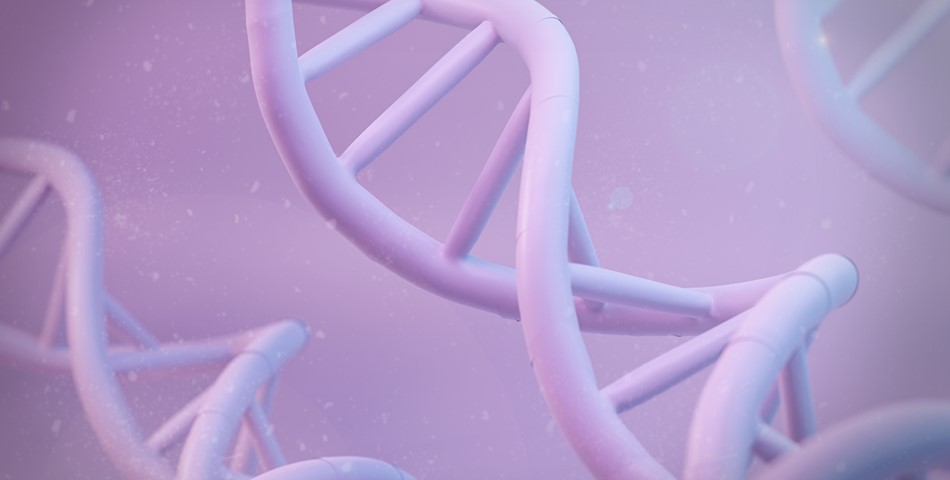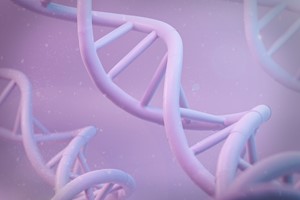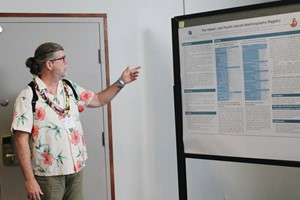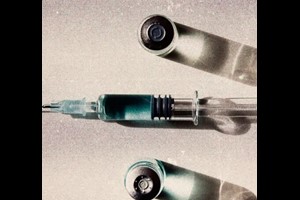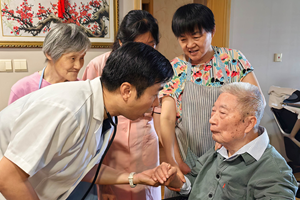In a comprehensive systematic review and meta-analysis published in the International Journal of Molecular Sciences, researchers have affirmed the efficacy and safety of chimeric antigen receptor (CAR) T-cell therapy in treating relapsed/refractory multiple myeloma (RRMM). This analysis comes amid a rise in multiple myeloma (MM) cases and significant recent advancements in therapeutic options, counterbalanced by concerns over severe toxic reactions following CAR T-cell treatment.
The investigators conducted an extensive literature search across Medline/PubMed, Scopus, and Web of Science for articles published between January 1, 2019, and July 12, 2023. Their final analysis included 29 articles—comprising 27 prospective studies and 2 retrospective studies, covering 15 phase 1 clinical trials, 3 phase 1/2 clinical trials, and 9 phase 2 trials—culled from an initial pool of 2,273 articles. The studies collectively involved 1,047 patients, predominantly male (59%), with ages ranging from 27 to 83 years.
CAR T-cell therapy, specifically using idecabtagene vicleucel (ide-cel), sold as Abecma by Bristol Myers Squibb, and ciltacabtagene autoleucel (cilta-cel), sold as Carvykti by Janssen/Johnson & Johnson and Legend Biotech, has shown promising results in treating MM, the second most common hematologic malignancy.
Key findings from the meta-analysis indicated a pooled overall response rate (ORR) of 83.21% (95% CI, 75.50%-89.85%; I2 = 83%) per 100 observations. Complete response rate was 50.31% (95% CI, 40.47%-60.13%; I2 = 86%), and very good partial response was 16.38% (95% CI, 12.92%-20.12; I2 = 48%). Partial response was achieved by 8.74% (95% CI, 5.47%-12.54%; I2 = 66%), while progressive disease occurred in 3.70% (95% CI, 1.09%-7.30%; I2 = 69%).
Additionally, 15 studies evaluated minimal residual disease negativity among patients achieving a stringent complete response or complete response, with 84.51% (95% CI, 73.39%-93.47%) achieving this status.
The median progression-free survival (PFS) across 8 studies was 8.63 months (95% CI, 4.76-12.49; I2 = 92%), and the median duration of response (DOR) across 5 studies was 14.48 months (95% CI, 8.73-20.23; I2 = 59%).
The safety analysis revealed several notable toxicities associated with CAR T-cell therapy. Cytokine release syndrome (CRS) was the most common severe reaction, with 85.89% of patients experiencing any-grade CRS and 7.12% experiencing grade 3 or higher CRS. Any-grade neurotoxicity was observed in 8.27% of patients, with grade 3 or higher neurotoxicity in 1.37%. Hematology-related adverse events of any grade included neutropenia (95.93%), leukopenia (84.76%), anemia (81.09%), thrombocytopenia (74.49%), and lymphopenia (65.54%), with corresponding grade 3 or higher rates at 88.02%, 72.75%, 48.16%, 48.98%, and 63.91%. The cumulative all-cause mortality rate was 23.34%.
The researchers also performed a subgroup analysis examining potential differences in CAR T-cell therapy's safety and efficacy, considering ORR and CRS of grade 3 or higher. They noted significant ORR differences between patients who had undergone fewer than five antimyeloma regimens (89%) compared to those who had five or more (75%; P < .001). Significant differences in grade 3 or higher CRS were observed in several subgroups, including prior autologous stem cell transplantation (ASCT) (15% vs 6%, P = .02), prior BCMA therapy exposure (13% vs 5%, P = .04), and high-risk cytogenetics (15% vs 7%, P = .02).
"The findings of our systematic review and meta-analysis reveal the efficacy and safety of CAR T-cell therapy in the context of RRMM," the authors concluded. "It offers a comprehensive overview of the impact of CAR T-cell therapy on RRMM, considering various factors such as prior treatments, disease characteristics, and treatment-related adverse effects."
The authors noted that the studies included in their analysis were of high quality according to the Methodological Index for Non-Randomized Studies scores, with Egger (P = .126) and Begg (P = .348) test results suggesting a reduced likelihood of publication biases. However, they acknowledged some limitations, including the heterogeneous mix of study designs, methodologies, follow-ups, different CAR T products, and varied grading of CRS and neurotoxicity.
This analysis underscores the promising role of CAR T-cell therapy in treating RRMM, despite the associated risks and adverse effects.



